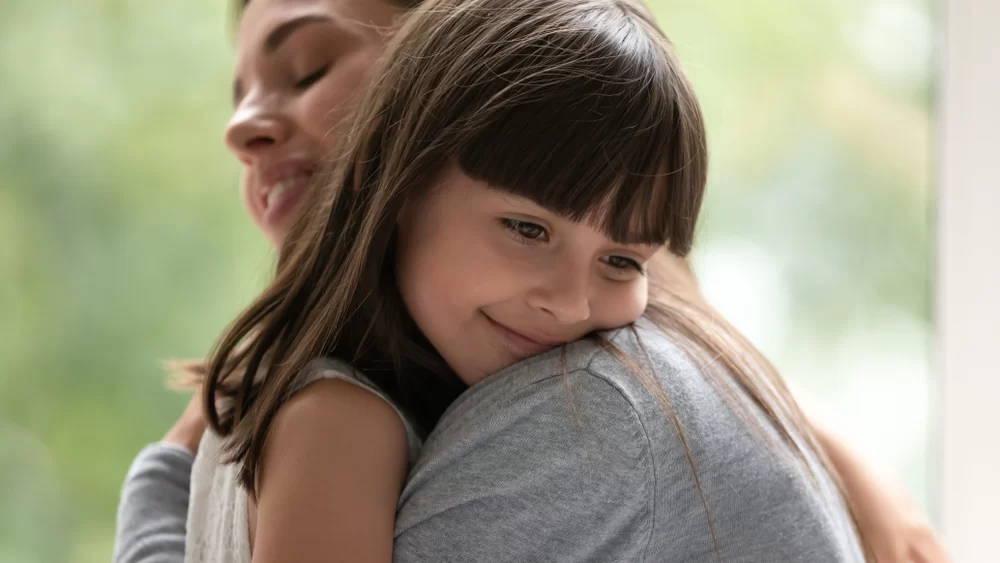- Understanding Contested Adoption Cases
- Initial Legal Steps in Contested Adoptions
- Key Evidence and Documentation
- Court Proceedings and Hearings
- Mediation and Alternative Dispute Resolution
- Finalizing the Adoption and Post-Adoption Issues
- Why Consulting a Lawyer is Crucial
1. Understanding Contested Adoption Cases
Contested adoption cases occur when one or more parties involved in the adoption process challenge the adoption. These disputes commonly arise when a biological parent, relative, or another interested party opposes the adoption, questioning either the consent, fitness, or the legal procedures followed. Unlike uncontested adoptions where all parties agree, contested cases are complex and often emotionally charged, requiring a thorough understanding of legal rights and procedural steps.
It is essential to appreciate the sensitive nature of these cases, as they directly affect the child’s well-being and future. Contested adoption cases often involve conflicts over child custody and parental rights, making it vital to handle the process with care and legal precision. Recognizing this helps parties prepare for the legal journey ahead and manage expectations realistically.
1.1 The Emotional and Legal Stakes
The heart of contested adoption cases lies not just in the legal battle but in the emotional turmoil experienced by everyone involved. This dynamic shapes how the case progresses and the strategies employed by attorneys and families alike. Understanding the dual nature of these cases – emotional and legal – allows for more compassionate and effective handling.
1.2 Who Can Contest an Adoption?
Biological parents who have not legally relinquished their rights, grandparents, or even guardians may have the legal standing to contest an adoption. Each jurisdiction varies, but generally, anyone with a direct legal or custodial interest in the child can challenge the adoption. This makes navigating contested adoption cases particularly complex and underlines the importance of following strict legal procedures.
2. Initial Legal Steps in Contested Adoptions
When facing a contested adoption, the first step involves understanding and complying with the jurisdiction’s legal requirements. Filing the appropriate petitions and responding to challenges within prescribed deadlines is critical. Missing these steps can result in automatic dismissal or loss of legal rights.
The adoptive parents or agency typically file the initial petition for adoption. Once a contest is filed, the court issues notices to all involved parties, giving them the opportunity to present their case. Legal counsel is recommended at this stage to help navigate paperwork, procedural rules, and to ensure no deadlines are missed.
2.1 Filing the Adoption Petition
The petition must detail the circumstances of the adoption, including the child’s background, the adoptive parents’ qualifications, and any prior consent obtained. In contested cases, this documentation serves as a foundational piece for the court’s decision-making process.
2.2 Responding to a Contest
Responding to a challenge involves gathering evidence to support the adoption and addressing the concerns raised by the contesting party. This may include affidavits, background checks, and proof of fitness as adoptive parents. Timeliness and thoroughness in this stage influence the trajectory of the case significantly.
3. Key Evidence and Documentation
Successful navigation of contested adoption cases hinges on collecting and presenting strong evidence. Courts prioritize the child’s best interests, so evidence demonstrating a safe, stable, and loving home environment is crucial.
Documentation may include medical records, home study reports, testimonies from social workers, and character references. Additionally, legal documents proving termination of biological parental rights or proof that the contesting party lacks standing can be decisive.
3.1 Importance of Home Studies and Background Checks
Home studies conducted by licensed social workers evaluate the prospective adoptive parents’ living situation and ability to care for the child. These reports carry significant weight in contested cases, often tipping the balance in favor of the adoptive parents if positive.
3.2 Affidavits and Witness Testimonies
Statements from relatives, friends, teachers, or counselors who know the child and prospective parents can illustrate the quality of care and emotional bonds, helping the court assess the child’s best interests objectively.
4. Court Proceedings and Hearings
Once evidence is compiled, the case moves to court hearings where both parties present their arguments. Judges evaluate the evidence, listen to witnesses, and assess legal compliance before making a decision.
Contested adoption hearings can be lengthy and stressful, often involving multiple sessions. Parties must be prepared to articulate their case clearly and respond to cross-examination effectively.
4.1 Pre-Trial Conferences and Motions
Pre-trial conferences are opportunities to clarify issues, explore settlement possibilities, and establish a schedule for hearings. Motions may be filed to resolve procedural disputes or exclude irrelevant evidence.
4.2 The Role of the Judge
The judge’s priority is the child’s welfare. Their decision will be based on legal standards and the best interests of the child, often guided by evidence presented during hearings and recommendations from child welfare professionals.
5. Mediation and Alternative Dispute Resolution
Many jurisdictions encourage or require mediation to resolve contested adoption disputes outside the courtroom. Mediation allows parties to communicate openly with a neutral third party, aiming to reach a mutually acceptable solution without prolonged litigation.
This process can reduce emotional strain, save legal costs, and lead to more amicable outcomes that prioritize the child’s needs. Successful mediation may result in agreements regarding visitation rights, custody arrangements, or even the withdrawal of the contest.
5.1 Benefits of Mediation in Adoption Disputes
Mediation fosters cooperation and can preserve relationships between parties, which is particularly beneficial when the child maintains connections with biological relatives.
5.2 When Litigation Remains Necessary
While mediation is ideal, some cases require full court intervention due to irreconcilable disputes or legal complexities. Having skilled legal representation in these moments is crucial for safeguarding rights.
6. Finalizing the Adoption and Post-Adoption Issues
Once disputes are resolved, the court may finalize the adoption by issuing an adoption decree, legally transferring parental rights to the adoptive parents. This process seals the child’s new legal status and protections.
However, post-adoption issues can still arise, including visitation disputes or challenges to the adoption decree. Understanding how to handle these situations and knowing when to seek legal advice remains important.
6.1 Adoption Decree and Its Legal Impact
The decree grants full parental rights and responsibilities to the adoptive parents, making the child legally indistinguishable from a biological child in most respects.
6.2 Post-Adoption Modifications and Challenges
In some cases, parties may petition the court for modifications in custody or visitation. These requests require careful legal consideration and professional guidance.
7. Why Consulting a Lawyer is Crucial
Given the complexities and emotional intensity of contested adoption cases, professional legal counsel can be invaluable. A knowledgeable adoption lawyer provides strategic advice, ensures compliance with legal procedures, and advocates effectively on behalf of their client.
If you find yourself involved in a contested adoption case, consulting with experienced professionals such as Fred Miller Lawyer can make a significant difference. They offer tailored guidance to protect your interests and help navigate the often complicated adoption legal process.
7.1 How a Lawyer Strengthens Your Case
Lawyers help collect and present evidence, negotiate settlements, and prepare clients for court appearances. Their expertise in family law ensures that every step aligns with jurisdictional requirements and prioritizes the child’s best interests.
7.2 Choosing the Right Legal Support
Look for attorneys with proven experience in contested adoption cases, who demonstrate empathy and clear communication. This partnership can alleviate stress and improve outcomes substantially.


 9130 south dadeland boulevard
9130 south dadeland boulevard dorany rodriguez attorney
dorany rodriguez attorney 555 11th st nw washington dc
555 11th st nw washington dc georgia lawyers for the arts
georgia lawyers for the arts porter law firm
porter law firm cohen feeley
cohen feeley